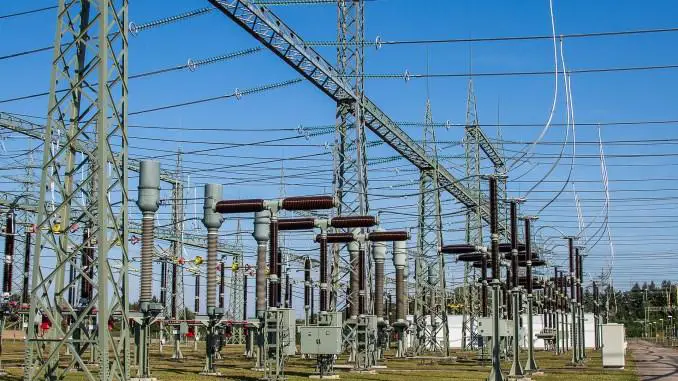In pursuit of bringing about electrification to the continent, the energy sector was abuzz with activity in 2021 In September 2021, for instance, Uganda launched the last-mile connectivity component to connect 87,500 rural households with affordable electricity In June 2021, the World Bank Board approved US$200 million in International Development Association (IDA) funding to help
[elementor-template id="94265"]
